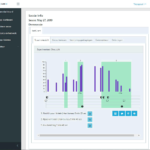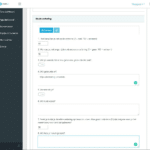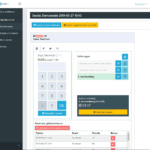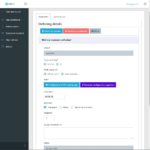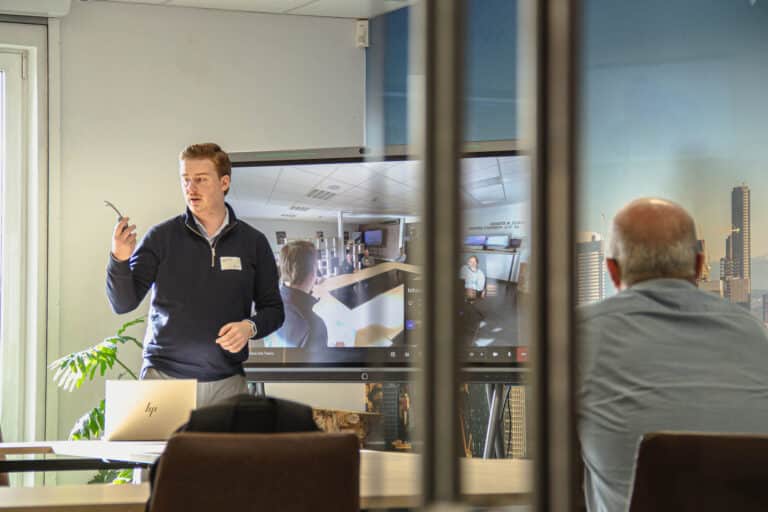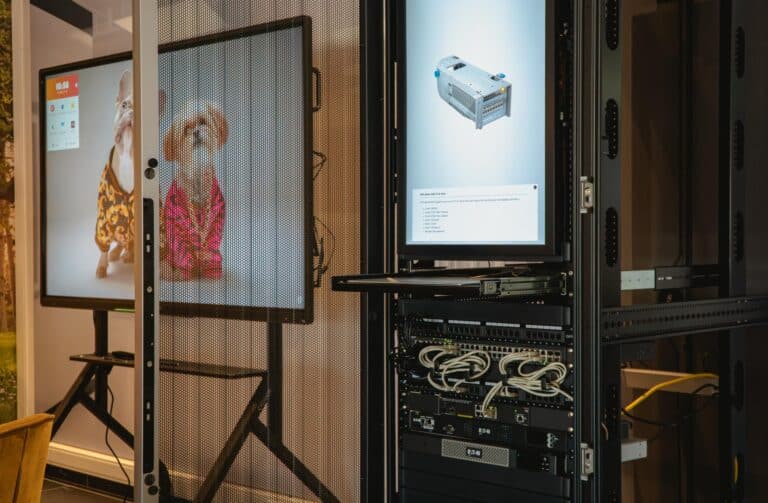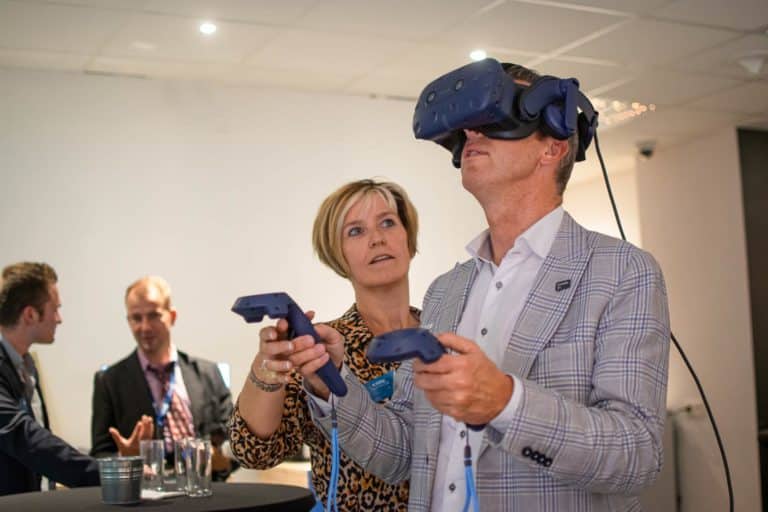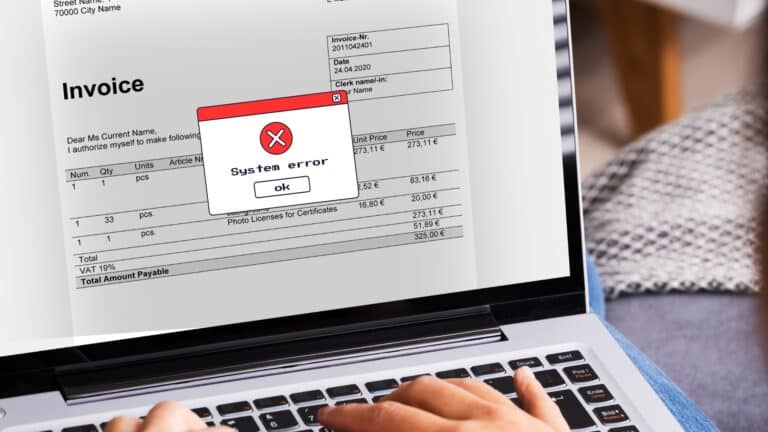However, there are still some challenges and VanRoey.be wants to work together with the consortium to find partners for this. Patronus provide a solution:
Representativeness of the virtual scenario
It goes without saying that the scenario must be representative of reality. If a patient is in the virtual environment, he must be able to experience the same experience as in a real-life situation. That is why prototype scenarios are first developed by Preview Labs. If they demonstrate the desired representativeness, they develop Bazookas This is an intensive process, but the VR technology is now far enough advanced and the necessary processing power to build realistic scenarios is available.
2. An accurate algorithm to determine anxiety level
The development of an algorithm that can accurately determine the patient's level of anxiety on the basis of sensor data is a major challenge. The psychotherapists of The Human Link taught us that with the so-called SUDS-score (Subjective Units of Distress Scale), a patient indicates how anxious he / she is at that moment.
This information is needed to observe the intensity of the stimuli – to which the patient is exposed – and then to monitor the progression. Today, this score is determined by allowing the patient to score his fear from 0 (minimum) to 100 (maximum) on a regular basis.
Imec-MICT-UGent develops sensors – which can be used in wearables – to measure all kinds of physical reactions. The aim is to then map out objective anxiety levels and test them against the patient's experience. This allows the patient's reflection to be supplemented if necessary, making the treatment even more accurate. The sensor data is used by the researchers at UGent-IDLab An important aspect of this is the determination of factors that influence the above mentioned SUDS-score.
3. An adaptive VR scenario
The ultimate goal is an algorithm that uses sensor data to determine a patient's SUDS score and automatically adjusts the intensity of the anxiety stimuli accordingly. The VR scenario reacts adaptively to the patient's experience, allowing direct feedback between the anxiety level and the anxiety stimulus, resulting in better and more accurate treatment.
Virtual Reality makes it possible to give the patient ‘homework’ and to let him finish the prescribed sessions independently. The patient is therefore not always dependent on the availability of a psychotherapist, which makes a fast(er) treatment with also variation in exercises possible.
4. Cloud platform and dashboard
Here, VanRoey.be has an important share in the Patronus project. Our IOT team has two specific responsibilities:
- The set-up of the entire cloud platform required for data communication (Microsoft Azure);
- Creating a dashboard for the psychotherapist: with this he or she can prepare sessions for patients and monitor progress.
After a thorough renovation, we are all set in Geel to welcome organisations and inspire & guide them in their digitisation journey.
Towards a better quality of life thanks to IoT, AI & VR
Patronus focuses on the treatment of three anxiety disorders: claustrophobia, fear of driving and panic disorder. For this purpose, scenarios in an elevator and in a car were developed, in which various parameters can be set via the dashboard that can generate complaints that can generate anxiety. For a panic disorder, these are for example: tunnel vision, seeing black spots or dizziness.
VanRoey.be is very pleased that it can be part of the Patronus consortium and its many years of experience in cloud infrastructure and software development enable us to actively contribute to this promising project. With a first proof of concept (PoC), Patronus is on the right track to achieve its objectives, a lot of data has already been captured and there has been consultation with psychotherapists to investigate the relevance of the data. An experimental dashboard shows the possibilities of the concept and will be further developed at a later stage.
In the meantime, work is continuing on a second PoC, in which the algorithm is being trained and the VR scenario works in an adaptive way as a function of the SUDS score.
share this post:
